Meet Steve Morello | Photographer
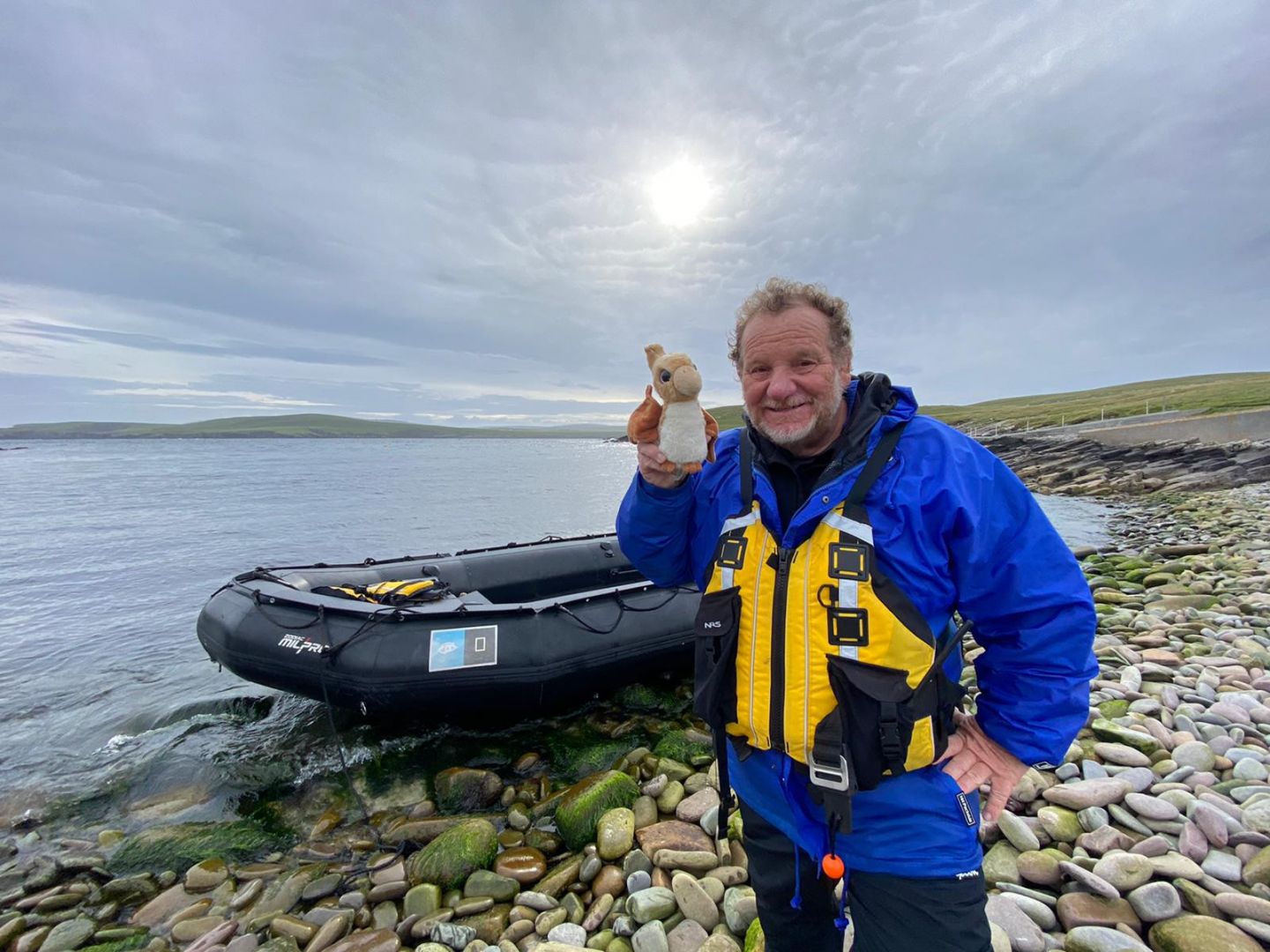
We had the good fortune of connecting with Steve Morello and we’ve shared our conversation below.
Hi Steve, can you walk us through the thought-process of starting your business?
Well, It was during the isolation of COVID. I was on my little farm that I had purchased with the intent of having a place where I could photograph and enjoy nature. Since part of my career is traveling as a photo instructor for Lindblad and National Geographic Expeditions, I was wondering what was going to happen if travel as I knew it was over. Then I remembered sitting in a restaurant with a fellow photographer and friend, Jeff Foott. It was in Churchill Manitoba and we both in Churchill to photograph polar bears. Churchill is a very small town and everyone knows who is who and who is in town doing what. So this woman came up to the two of us and asked how we both ended up being nature photographers. I was about to give a polite answer and Jeff held up his hand to me and replied to the woman, “Well lady, we’re just not fit to do anything else.” That’s when it hit me, who said I needed to travel in order to teach others about photography. I have my own small nature preserve that we have been grooming and re-wilding to photograph on my own, why not really improve the property and use it as place to tach others. That was it, self preservation.
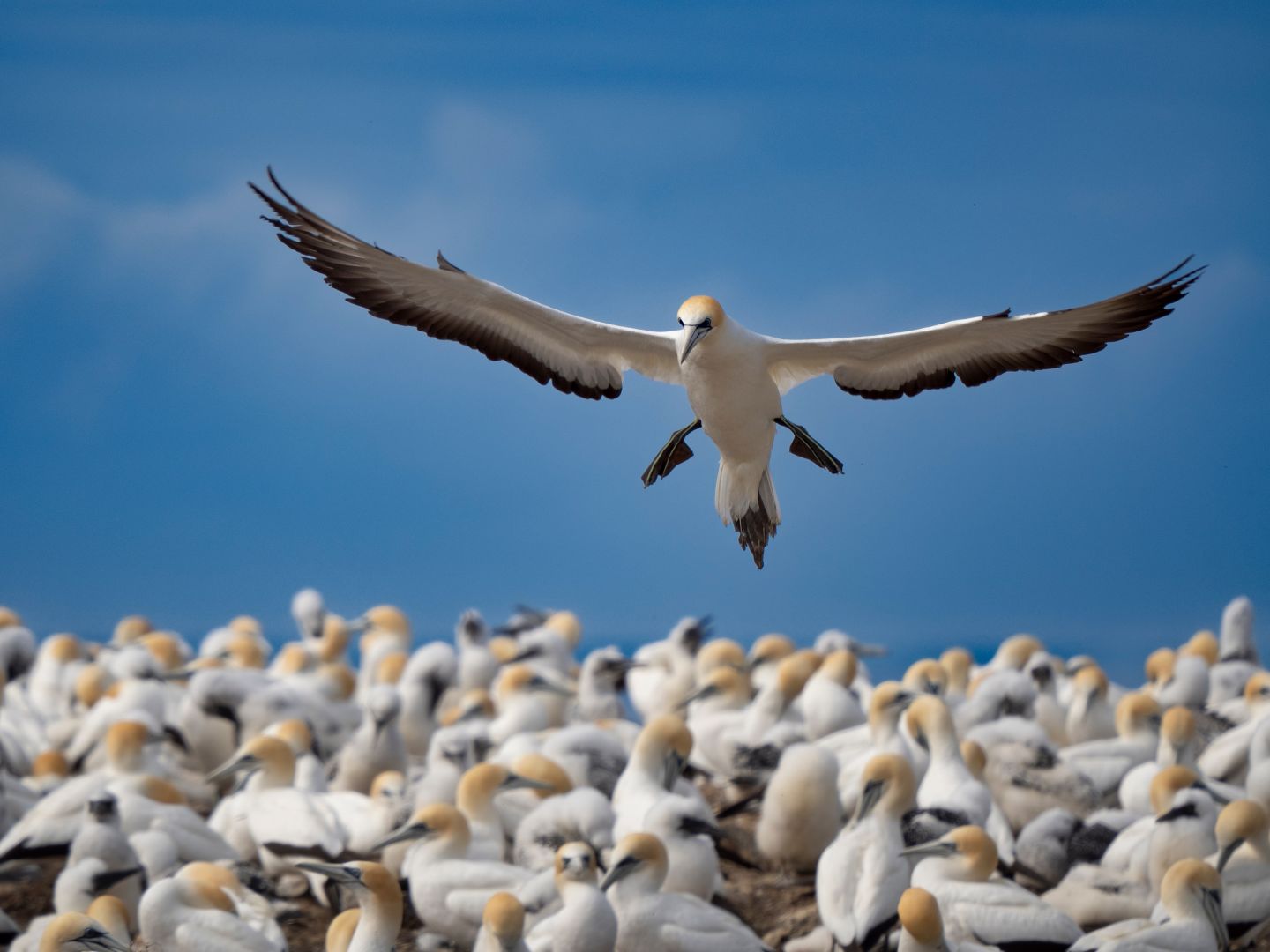
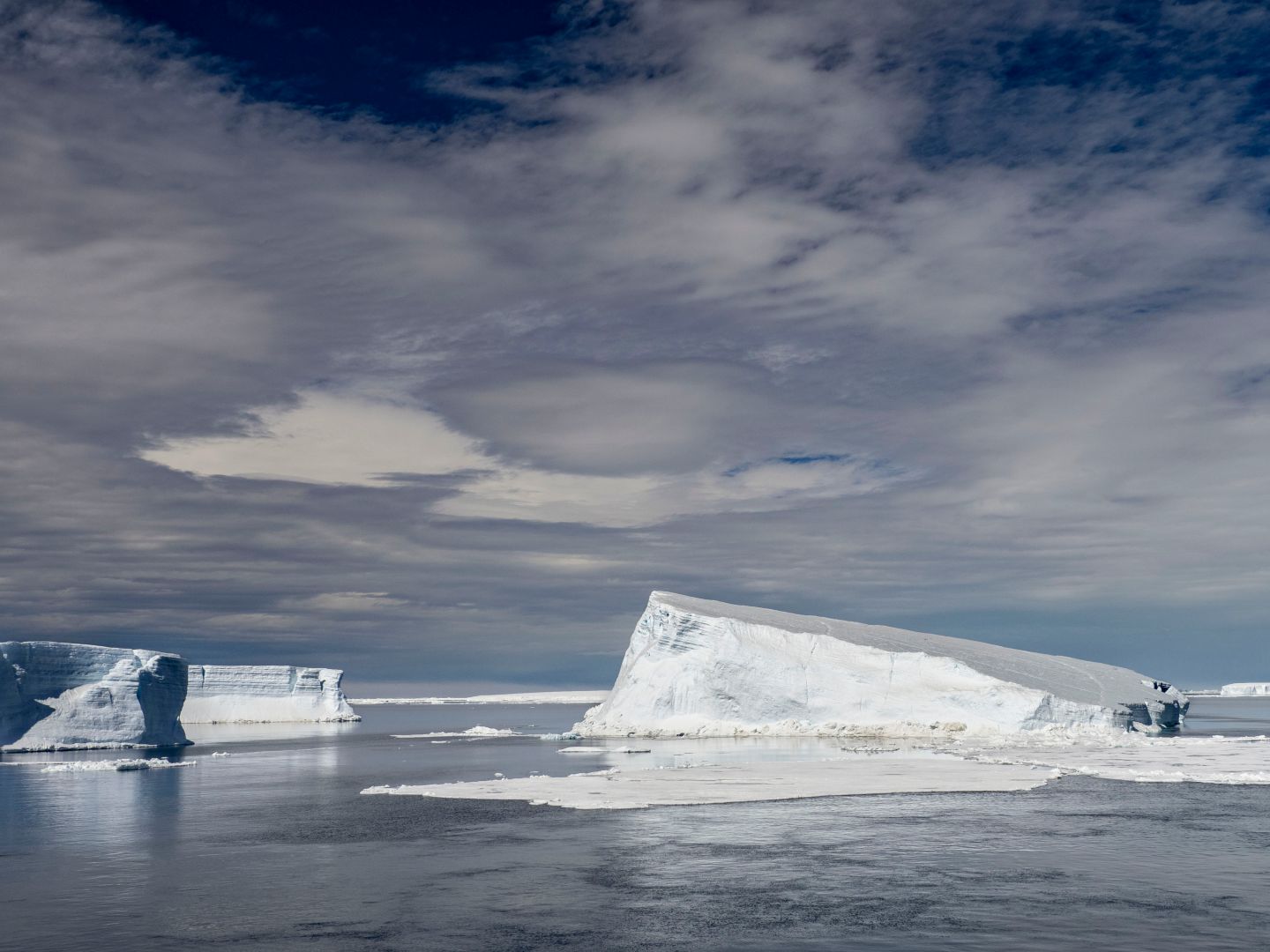
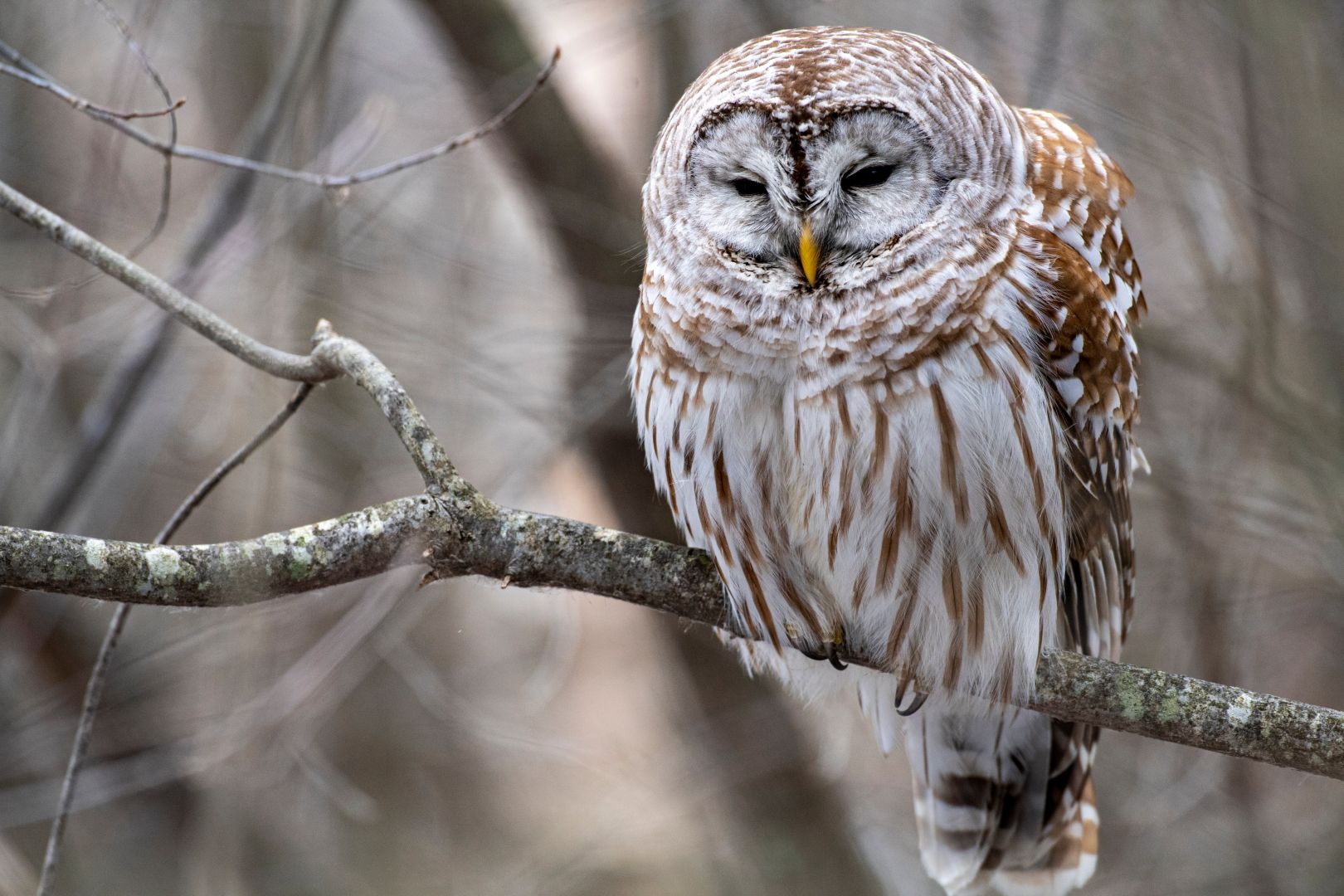
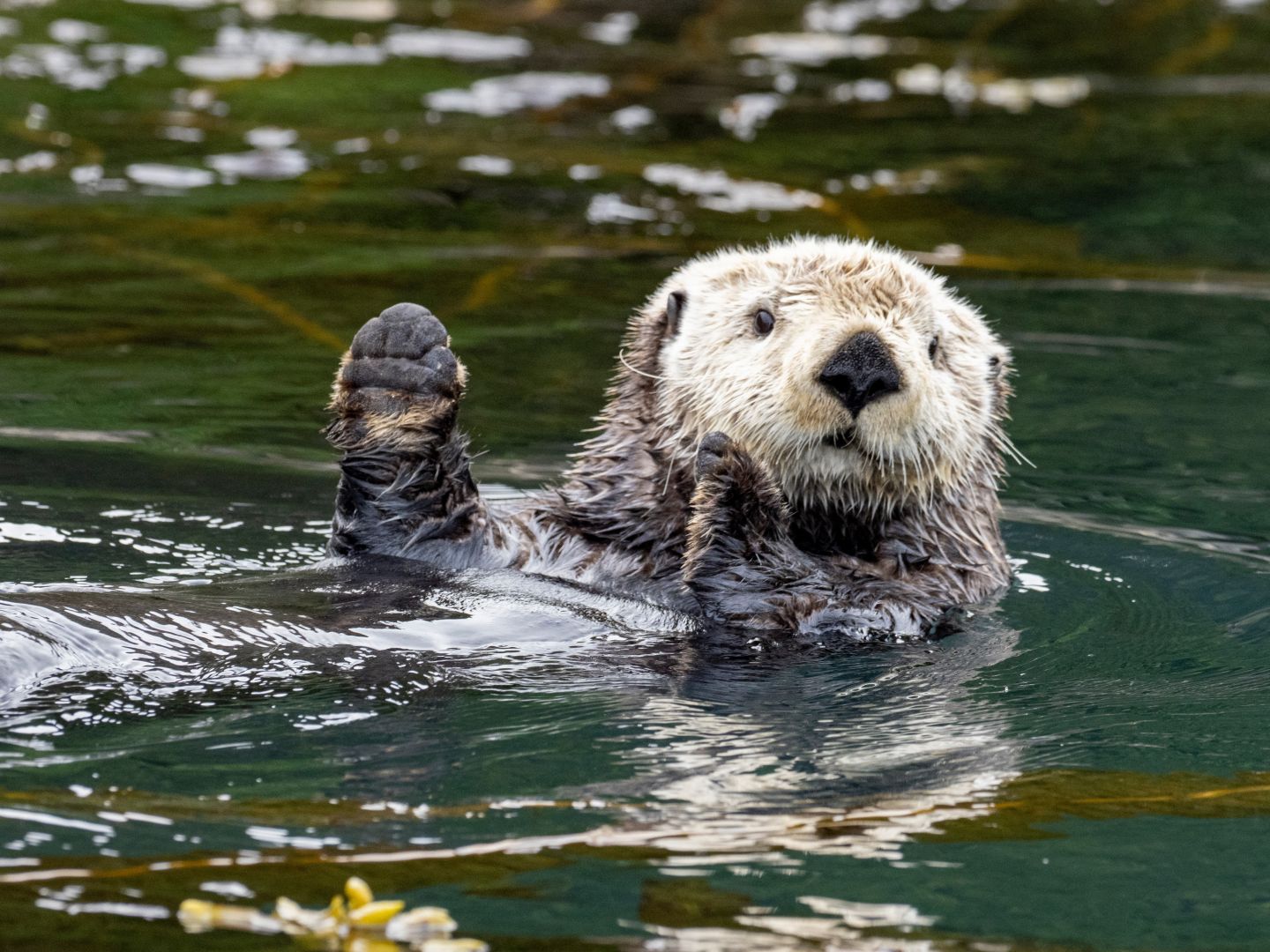
Alright, so let’s move onto what keeps you busy professionally?
I think the thing that sets me or my teaching apart from others is the attitude with which I approach my craft. I owe this in part to my friend Mario Corvetto, a fellow photographer who told me a story that literarily change my approach to photography, He told me about photographing kids in an orphanage in Bosnia just after the war. He was telling the kids about what he was doing there and mentioned he was there to shoot some photos of them. He told me a young boy approached him and said to him, “please sir, we have been shot at enough, please don’t shoot at us anymore.” That incident, his story changed us both, and we decided that the way we talk about our craft counts. We both changed the way we speak of photography from then on. An example is that I no longer say “I’m going to take a picture”, I say, “I’m going to make an image”. I found that not only was that a better representation of what I was doing, but it actually changed the way I made images. When I say I’m going to make an image it implies a thought process. It means I am thinking about my background, my foreground, I think about what I want the image to convey, and so much more. By changing the way I spoke about my craft, it made me a better photographer. This approach gave me a more positive way of thinking about photography and the more I thought about it the more skilled I became. It made me think about the process so when I teach I use this approach to help my students understand what making an image is all about. I teach them to think about the positive in making an image. I don’t want them to think about what their equipment can’t do, I want them to think about the possibilities of what the camera gear they have can do. I want my students to understand what the potential of what their equipment can do. For instance, so many people think of a telephoto lens as a way to get closer to their subjects, when it doesn’t do that at all. The only way to get closer is to move your feet. Telephoto lenses isolate your subject and exclude information you do not want in the image. When you think of your camera gear in these terms it expands your creativity. In terms of how I got to where I am today, I would say it is a combination of things, First of all passion for making the image. I love pressing the shutter, and I always am thinking about the next image I want to make. I tend not to be satisfied with my images because I always think I can do better next time. Another thing that has helped me is listening to the people who have mentored me and realizing I always know less than others in some way or another. You can’t learn if you are thinking that you know more than others all the time. I know lots, and maybe more than most when it comes to my field, my type of photography, but I don’t know everything. I also think that part of my success is having grown when I did. I had to learn the reason things happened in the camera, I needed to get the image right in the camera. Another thing I like to teach my students is that post processing is not a way to fix and image, it is a way to complete the image. Again it comes back to the way you think about making photos. Are you looking to create the image you want, or one that you can fix and be happy enough with. Technology is a way to enhance your creativity, not replace it.
Was it easy to become a nature photographer? Well, two things about that question, one, yes, simply because there were so few others doing it. On the other hand, I never thought about it, I just did it. I think in the back of my head I always had this idea that one day I would settle down and get a real job when I needed to. The next thing I knew I was over fifty and realized, Oh! I guess this is my real job. I certainly had to make decisions along the way, and some of them were difficult. Every profession, every life has its difficulties. I think being a freelancer in any field has its hard times, but the good times always seemed to make up for the bad. I was always willing to do whatever work I needed to do to get buy, there were times when I had to chose whether to buy more film, or pay my credit card bill, but I was lucky handball headed enough to get by.
I think the biggest lesson I have learned along the way was not to take myself too seriously. These days it seems that industry places more emphasis on the photographer and not the photographs. It should be the opposite. I hope my legacy is in my images and not in the amount of followers I have on Instagram.
I think what I want the world to know about my photography is that it really is about the image. It is about the story they tell, the people and the nature I have photograph. Photos are a visual history and I want to help people record that history in compelling ways that move the viewer. Photography truly allows you to see the extraordinary in the ordinary things you see everyday.
Any places to eat or things to do that you can share with our readers? If they have a friend visiting town, what are some spots they could take them to?
I live in a beautiful place. I am close to the Maine coast, the mountains, the fall colors, the colorful towns, there is never a lack of things or places to go and see. If we head to the coast there are great little fish shacks, and Portland Maine is known for its food. However, I am a homebody. My farm as I call it is beautiful and although it is small, only seven acres, it is full of nature. In the summer the wildflower meadow is always buzzing with butterflies and other insects, the birds are always there to see, and nothing beats sitting in the river watching the frogs. In winter you can snowshoe, I am always very content to be where I am. My friends know this, there are places to go, but being here is always nice.
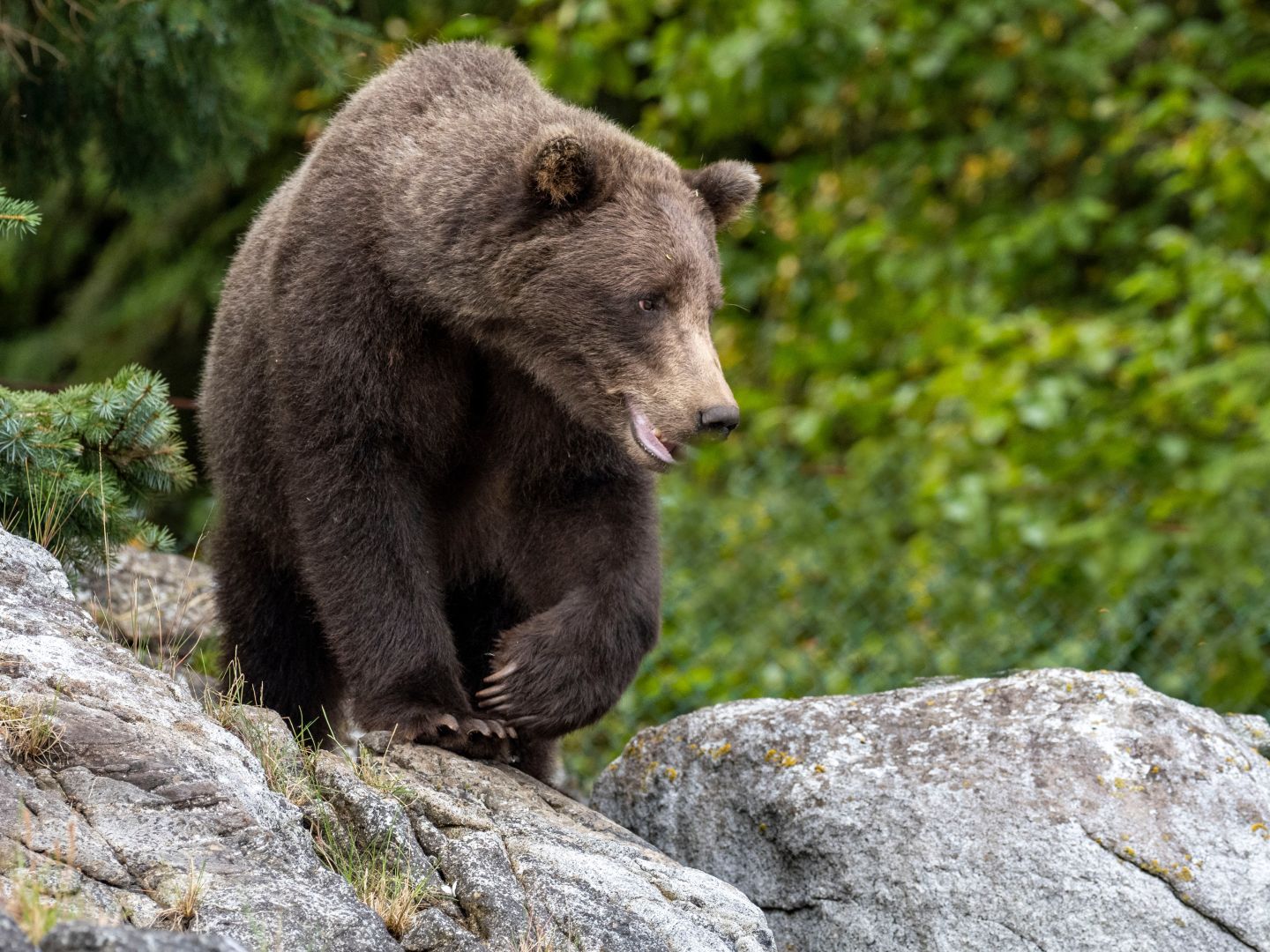
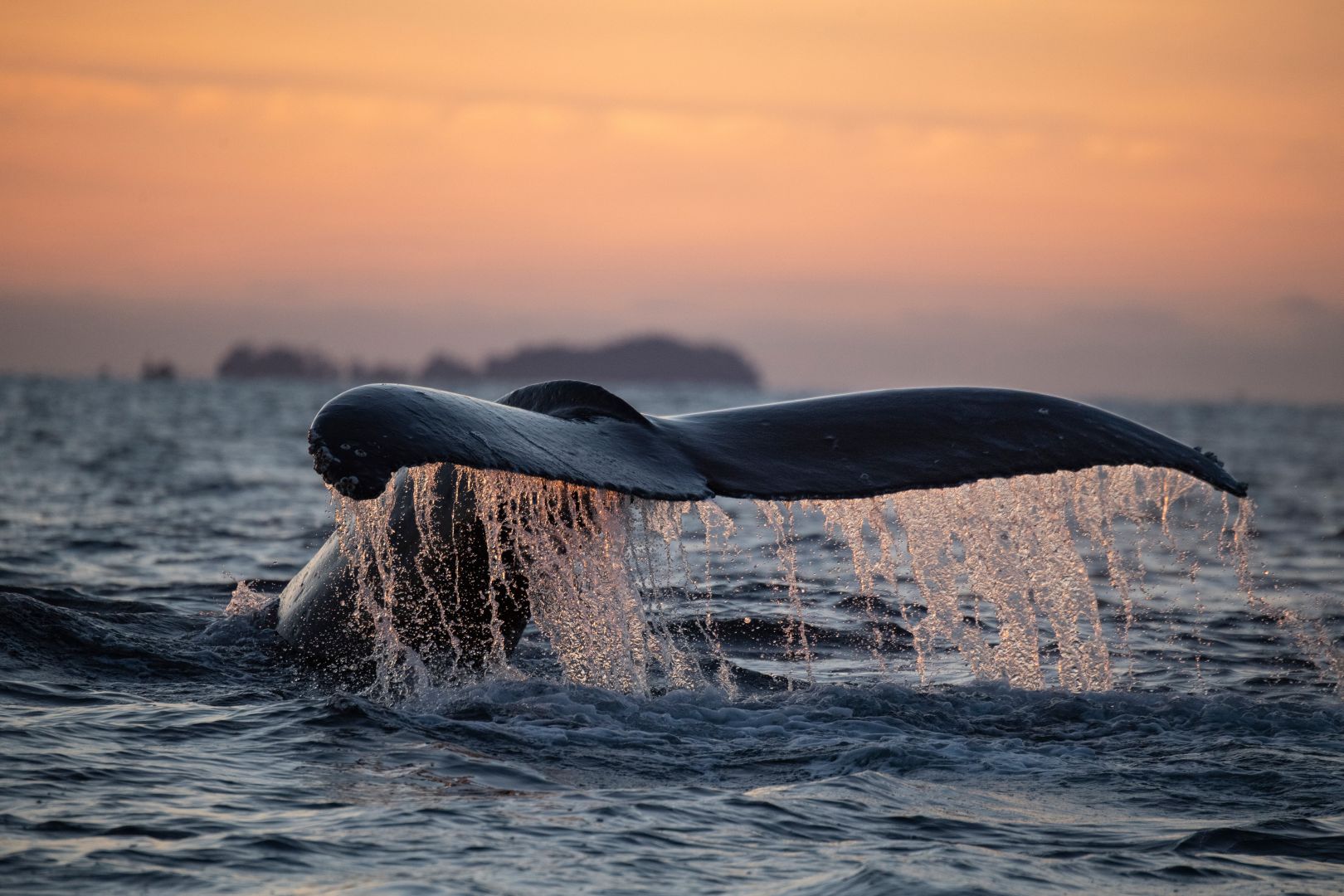
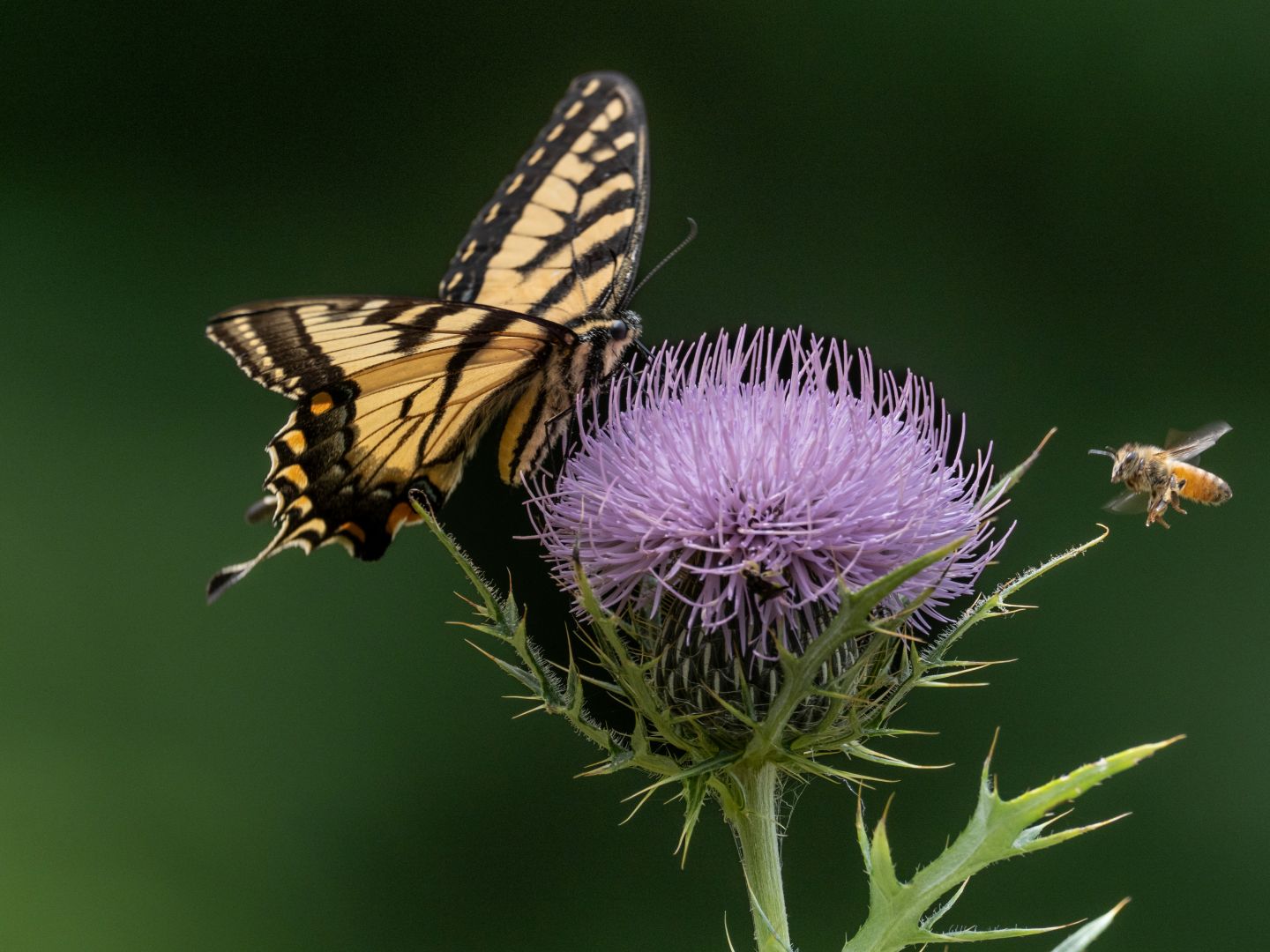

Who else deserves some credit and recognition?
I had no scholastic training as a photographer. I can’t say that I am self taught, because so many other photographers have guided me and mentored me along the way. It was though the generosity of others that I learned to be the photographer I am today, and I owe so much to all of those who have selfishly given to me along my journey to where I am now. I am still learning today. Photography is an art and to stop learning is to stop growing. I learn from my colleagues, my students, and everyone around me. I have been so fortunate to have worked with my heroes and I know I am going to forget the names of some, but people like Stephen Krasemenn, Jeff Foott, Michael Melford, Jeff Mauritzen, Jim Richardson, Fred Bruemmer, Flip Nicklin, and Scott Goldsmith. Also my partner Susan who went along with turning our home into a photo school.
Website: littleriverphotoworkshops.com
Instagram: @littleriverphotoworkshops
Facebook: Little River Photo Workshops
Image Credits
Steven Morello all nature photos Jeff Mauritzen, Photo of me
